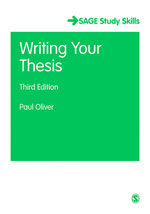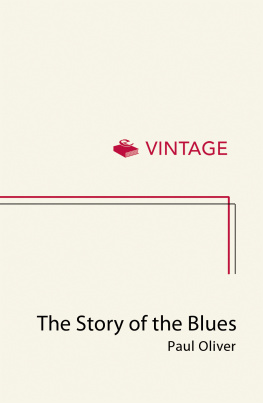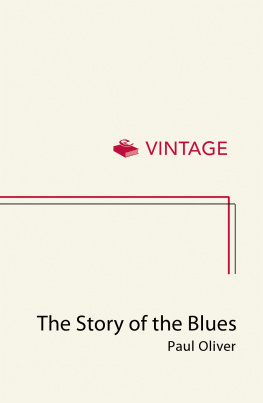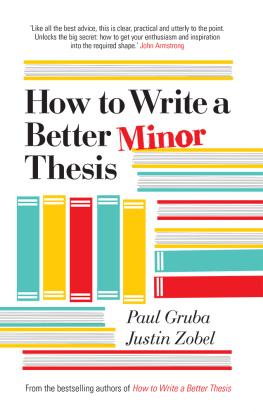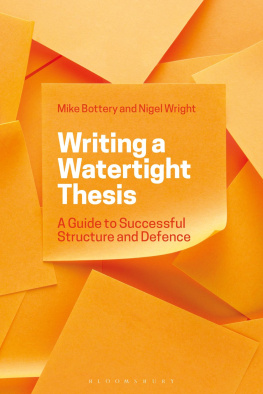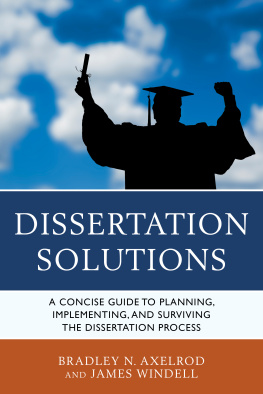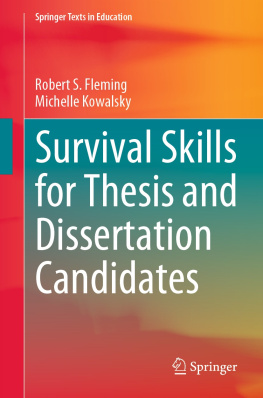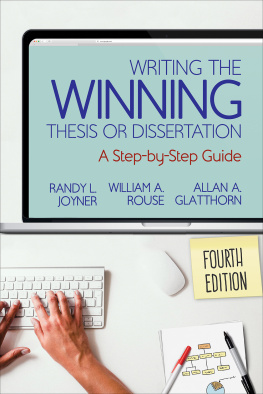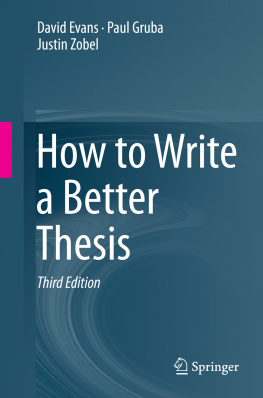SAGE Publications Ltd
1 Olivers Yard
55 City Road
London EC1Y 1SP
SAGE Publications Inc.
2455 Teller Road
Thousand Oaks, California 91320
SAGE Publications India Pvt Ltd
B 1/I 1 Mohan Cooperative Industrial Area
Mathura Road
New Delhi 110 044
SAGE Publications Asia-Pacific Pte Ltd
3 Church Street
#10-04 Samsung Hub
Singapore 049483
Paul Oliver, 2014
First edition published 2004
Reprinted 2004
Second edition published 2008
Reprinted 2010
Apart from any fair dealing for the purposes of research orprivate study, or criticism or review, as permitted under the Copyright,Designs and Patents Act, 1988, this publication may be reproduced, stored ortransmitted in any form, or by any means, only with the prior permission inwriting of the publishers, or in the case of reprographic reproduction, inaccordance with the terms of licences issued by the Copyright LicensingAgency. Enquiries concerning reproduction outside those terms should be sentto the publishers.
Library of Congress Control Number: 2013932301
British Library Cataloguing in Publication data
A catalogue record for this book is available from the British Library
ISBN 978-1-4462-6784-4
ISBN 978-1-4462-6785-1
Editor: Marianne Lagrange
Assistant editor: Kathryn Bromwich/Rachael Plant
Project manager: Jeanette Graham
Production editor: Nicola Marshall
Copyeditor: Carol Lucas
Proofreader: Isabel Kirkwood
Indexer: Paul Oliver
Marketing manager: Catherine Slinn
Cover design: Wendy Scott
Typeset by: C&M Digitals (P) Ltd, Chennai, India
Printed in Great Britain by Henry Ling Limited, at the Dorset Press,Dorchester, DT1 1HD

SAGE
- Los Angeles
- London
- New Delhi
- Singapore
- Washington DC
About the Author
Paul Oliveris an academic writer and researcher. He has eitherauthored or edited 19 books in the areas of Research Methods, Education,Philosophy and Religion. He has had books translated into seven languages.For many years a lecturer at the University of Huddersfield, he was courseleader there for the Doctor of Education programme. He has wide experienceof both supervising and examining masters and doctoral theses.
Acknowledgements
The author and publisher would like to thank:
Dr Gwendolen Bradshaw for permission to reproduce pages 30 and 234 from herDoctor of Education thesis Involving service users in the assessment of theperformance of pre-registration student midwives an interpretive study of theperceptions of key stakeholders (The University of Huddersfield, 2003). Seepage 87.
The University of Huddersfield for permission to reproduce the abstract from theabove thesis. See page 190.
The Research Thesis
In this chapter you will learn about the different forms which a researchthesis can take, and explore the criteria which help to distinguish amasters from a doctoral thesis. We look at the broad characteristics ofacademic writing, along with some of the features which characterize awell-written thesis. We also examine the formal university procedures andrequirements for academic theses.
Study Strategies

- Visit a university library, and select several examples of thetype of thesis you intend to write.
- Read the titles. Do they give an unambiguous indication of thenature of the thesis?
- Read the abstracts. Do they provide a clear summary of thethesis?
- Locate the aims of the thesis. (You may find these near the endof the .)Are they precise and clearly worded?
- Look at the contents pages and overall structure of the thesis.Is it easy to find your way around the thesis?
- Examine a few sample pages of the thesis at random. Is the pagelayout easy on the eye and is the text easy to read?
Getting the most out of yourself why do you want towrite a research thesis?
This book is designed to help postgraduate students with the process ofwriting a thesis. For many people engaged in masters or doctoralresearch, collecting and analysing data is interesting and exciting. In thesocial sciences, the research process often involves interaction withother people, and as you begin to amass your data there is a realfeeling of progress. However, the time comes when all of this data andanalysis has to be converted into a thesis. Writing is a largelysolitary process, and progress may seem very slow. The task seems tostretch away into infinity. This book will help you with writing yourthesis, from the moment you type your first word, to when you walk intothe viva voce examination to defend the completed work! The book isdivided into two parts. The first provides help on the broad issues ofacademic writing which are useful when preparing a thesis. The secondpart is a template for writing your thesis. It takes you through theprocess, step by step, from the title page to the final examination.Although there is no single way of using the book, one idea would be toread Part 1 during the early stages of your research, and to save Part 2for when you actually start writing your thesis.
Motivation
We can start by exploring one or two aspects of personal motivationin terms of academic writing. Most students write a thesis as partof an academic qualification such as a taught masters degree, ora research degree such as a Master of Philosophy or Doctor ofPhilosophy. There is often a natural tendency to be thinkingcontinually about the final qualification, and to treat the thesiswriting simply as a means to that end. This is a pity, becauseacademic writing is a very creative activity. It is an opportunityfor you not only to describe your research, but also to reflect onyour own intellectual world view. Thesis writing is not merely aninstrumental activity, but an opportunity to express yourunderstanding of the world in a fresh and novel way. If you canconcentrate on this creative dimension to academic writing you willprobably enjoy the process much more.

